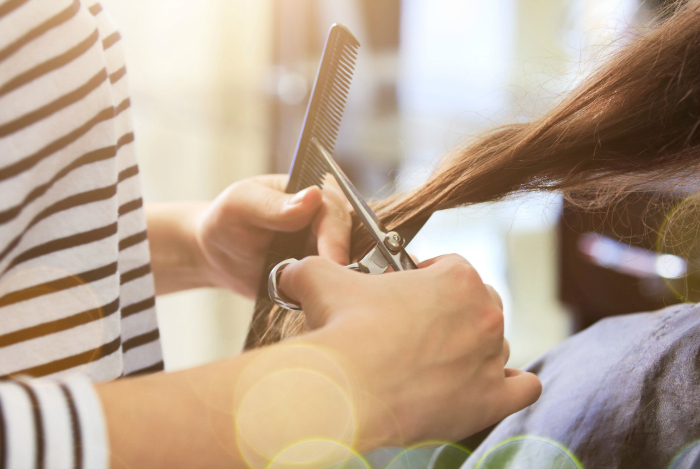Many people are prevented from getting a job or starting a business because of state requirements for occupational licensing. In Nevada, for example, it takes six years to become a licensed interior designer. The educational and experience requirement for barbers is more than two years.
An unlikely coalition of progressives and conservatives joined forces at a recent Senate Judiciary subcommittee meeting headed by Republican Senator Mike Lee and Democratic Senator Amy Klobuchar. They heard testimony from the Obama administration officials as well as from conservative think tanks.
Occupational licensing certainly is important when it improves quality and protects safety. Most everyone agrees that professions like medicine, law, engineering, and aviation should be licensed. That is a matter of protecting public safety and assuring professional standards of performance.
However, there is growing evidence that licensing has been used to prevent competition, giving consumers higher prices and fewer choices. One study released from the White House found that the percentage of the U.S. workforce covered by licensing grew from less than 5 percent in the 1950s to 25 percent by 2008.
These licenses erect barriers that prevent low-income job seekers from breaking into a field. The licensing laws also lead to higher prices for goods and services that also affect low-income households more than the general public.
These licensing regulations also put an additional burden on job seekers who move from state to state. This certainly affects military spouses but also affects many other Americans who must move with a company or who move back to be with family.
The increase in the number of occupational licensing regulations creates many barriers to employment and is artificially raising prices for goods and services. It is time to reverse this trend.
 Listen Online
Listen Online Watch Online
Watch Online Find a Station in Your Area
Find a Station in Your Area










 Listen Now
Listen Now Watch Online
Watch Online
